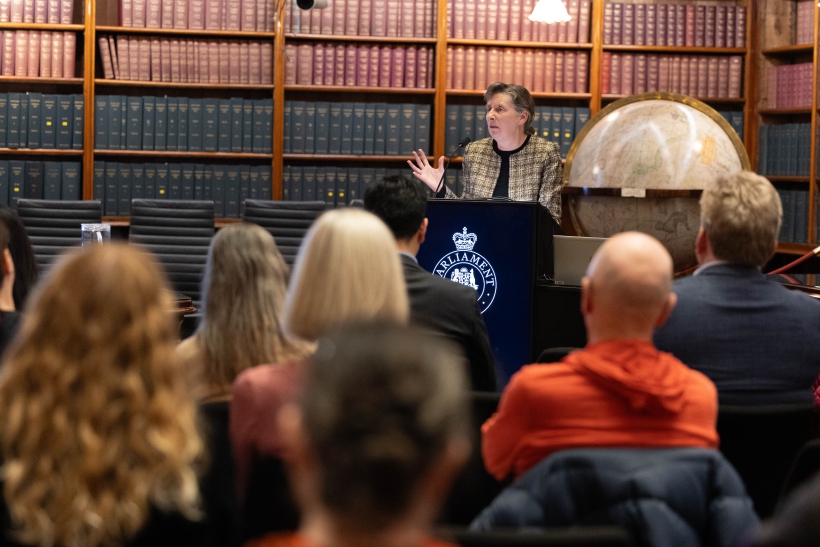
This article first appeared in The House in Review – the official blog of the Legislative Council of New South Wales. You can follow the Budget Estimates process, and other activities of the Legislative Council, by following the Council on Facebook and Twitter.
The Legislative Council’s portfolio committees are currently busy getting ready for one of the most significant events in the committee calendar – Budget Estimates.
The Budget Estimates hearings are the process by which the Legislative Council scrutinises the budget and the Government’s projected spending for the year – the ‘budget estimates’. This is an opportunity for Upper House committees to question ministers and public servants about what programs and services will be funded, what won’t be, and why.
How Budget Estimates Works
Each year, the Upper House refers the budget papers to its seven portfolio committees for inquiry and report. Similar to last year, in 2021 there will be seven different Budget Estimates inquiries running parallel – one for each of the portfolio committees.
Budget Estimates centres around the hearings. There will be one hearing for each of the Government’s 24 ministers, plus one extra hearing to examine the President of the Legislative Council.
These hearings are spread over two-and-a-half weeks and across the different committees based on the portfolio they have been allocated.
For example, Portfolio Committee No. 2 – Health will hold two hearings on two separate days to examine the Minister for Health and Medical Research, and the Minister for Mental Health, Regional Youth and Women. They’ve got an easy job, in comparison to Portfolio Committee No. 5 – Legal Affairs, which will hold five hearings to examine all five ministers that they oversee.
In total, Budget Estimates will consist of 25 hearings, held from Thursday 25 February to Friday 12 March. You can see the full schedule of hearings and further background information here.
This is a massive undertaking, not only for the committees and the Legislative Council secretariat, but for Ministers and public servants, who can be questioned by a committee for hours at a time.
Budget Estimates vs ‘Regular’ Inquiries
Although technically committee inquiries, Budget Estimates have their own process and operate differently to the Upper House’s normal inquiries. For example, unlike most inquiries, there are no submissions or site visits – Estimates centres entirely on hearings.
“But wait!” – as they say in infomercials – “there’s more!”.
Committee members can also lodge written questions to the relevant minister within two days following a Budget Estimates hearing. Last year, more than 5000 questions were lodged, which means that the Minister’s offices would probably have preferred those infomercial steak knives.
Also unlike a regular inquiry, only ministers, parliamentary secretaries and department officials are called to give evidence at Budget Estimates. The hearings also look slightly different – there are commonly many more witnesses at the table than normal, plus a table of advisers sitting behind them.
Estimates This Year
Unlike recent years, where three rounds of hearings have taken place for Budget Estimates (initial hearings in August, supplementary hearings in October, and further hearings in the following February), this year only an initial round of hearings will take place. This is due to the budget papers for the financial year of 2020/2021 being released later than usual, given the COVID-19 pandemic.
Normally, budget papers are handed down by the Government in the preceding June, but for 2020/21, they were released in October 2020. Don’t worry, though – the House has scheduled the next round of Budget Estimates for Monday 16 August to Tuesday 31 August 2021!
Follow Budget Estimates Online
With the committees currently busy finalising details for their 25 upcoming hearings, you can check out the Budget Estimates webpage for further details, including the daily schedules.
The hearings will be webcast live via the Parliament of New South Wales website here. You can also follow the Legislative Council on Facebook and Twitter to see daily schedules and updates as Budget Estimates kicks off.



